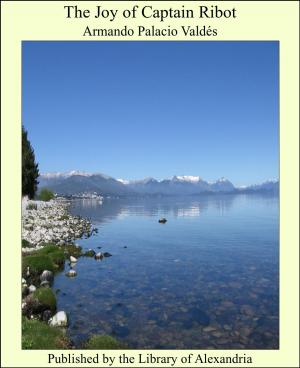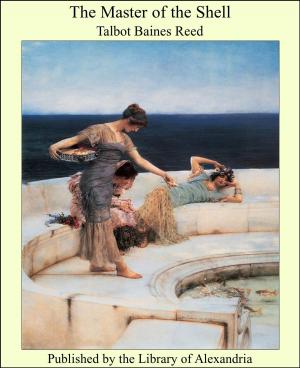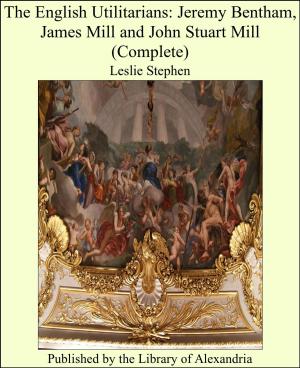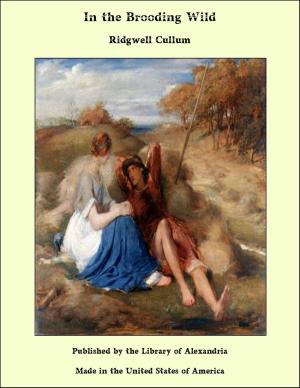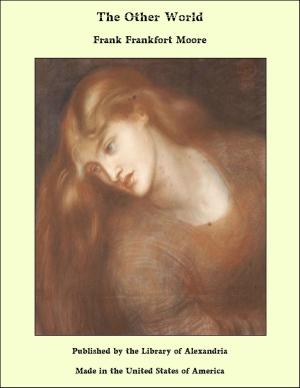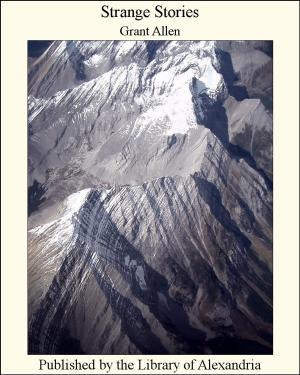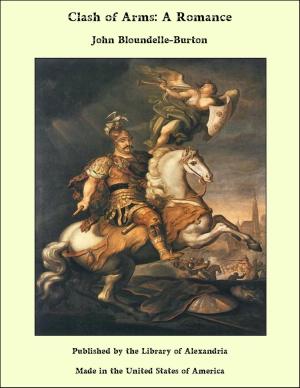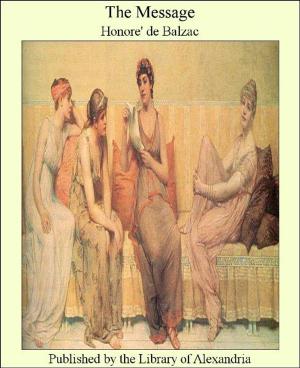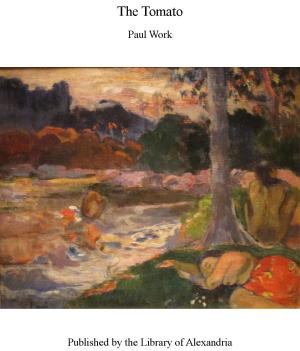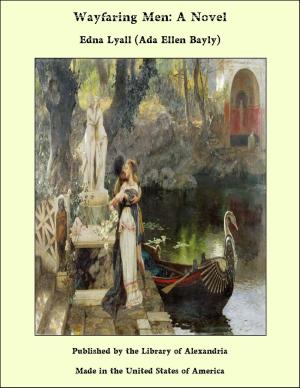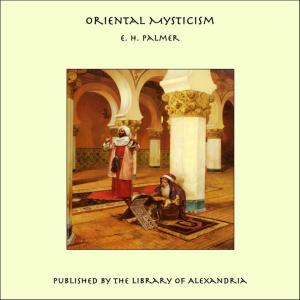Dealings With The Dead (Complete)
Nonfiction, Religion & Spirituality, New Age, History, Fiction & Literature| Author: | A Sexton of The Old School | ISBN: | 9781465518620 |
| Publisher: | Library of Alexandria | Publication: | March 8, 2015 |
| Imprint: | Language: | English |
| Author: | A Sexton of The Old School |
| ISBN: | 9781465518620 |
| Publisher: | Library of Alexandria |
| Publication: | March 8, 2015 |
| Imprint: | |
| Language: | English |
This is a very solemn service, when it is properly performed. When I was a youngster, Grossman was Sexton of Trinity Church, and Parker was Bishop. Never were two men better calculated to give The true effect to this service. The Bishop was a very tall, erect person, with a deep, sonorous voice; and, in The earth-to-earth part, Grossman had no rival. I used to think, Then, it would be The height of my ambition to fill Grossman’s place, if I should live to be a man. When I was eight years old, I sometimes, though it frightened me half to death, dropped in, as an amateur, when There was a funeral at Trinity. I am not, on common occasions, in favor of reviving The old way of performing a considerable part of The service, under The church, among The vaults. The women, and feeble, and nervous people will go down, of course; and getting to be buried becomes contagious. It does Them no good, if They don’t catch Their deaths. But, as things are now managed, The most solemn part of The service is made quite ridiculous. in 1796, I was at a funeral, under Trinity Church. I went below with The mourners. The body was carried into a dimly-lighted vault. I was so small and short, that I could see scarcely anything. But The deep, sepulchral voice of Mr. Parker—he was not Bishop Then—filled me with a most delightful horror. I listened and shivered. At length he uttered The words, “earth to earth,” and Grossman, who did his duty, marvellously well, when he was sober, rattled on The coffin a whole shovelful of coarse gravel—“ashes to ashes”—another shovelful of gravel—“dust to dust”—another: it seemed as if shovel and all were cast upon The coffin lid. I never forgot it. My way home from school was through Summer Street. Returning often, in short days, after dusk, I have run, at The top of my speed, till I had gotten as far beyond Trinity, as Tommy Russell’s, opposite what now is Kingston Street.
This is a very solemn service, when it is properly performed. When I was a youngster, Grossman was Sexton of Trinity Church, and Parker was Bishop. Never were two men better calculated to give The true effect to this service. The Bishop was a very tall, erect person, with a deep, sonorous voice; and, in The earth-to-earth part, Grossman had no rival. I used to think, Then, it would be The height of my ambition to fill Grossman’s place, if I should live to be a man. When I was eight years old, I sometimes, though it frightened me half to death, dropped in, as an amateur, when There was a funeral at Trinity. I am not, on common occasions, in favor of reviving The old way of performing a considerable part of The service, under The church, among The vaults. The women, and feeble, and nervous people will go down, of course; and getting to be buried becomes contagious. It does Them no good, if They don’t catch Their deaths. But, as things are now managed, The most solemn part of The service is made quite ridiculous. in 1796, I was at a funeral, under Trinity Church. I went below with The mourners. The body was carried into a dimly-lighted vault. I was so small and short, that I could see scarcely anything. But The deep, sepulchral voice of Mr. Parker—he was not Bishop Then—filled me with a most delightful horror. I listened and shivered. At length he uttered The words, “earth to earth,” and Grossman, who did his duty, marvellously well, when he was sober, rattled on The coffin a whole shovelful of coarse gravel—“ashes to ashes”—another shovelful of gravel—“dust to dust”—another: it seemed as if shovel and all were cast upon The coffin lid. I never forgot it. My way home from school was through Summer Street. Returning often, in short days, after dusk, I have run, at The top of my speed, till I had gotten as far beyond Trinity, as Tommy Russell’s, opposite what now is Kingston Street.

